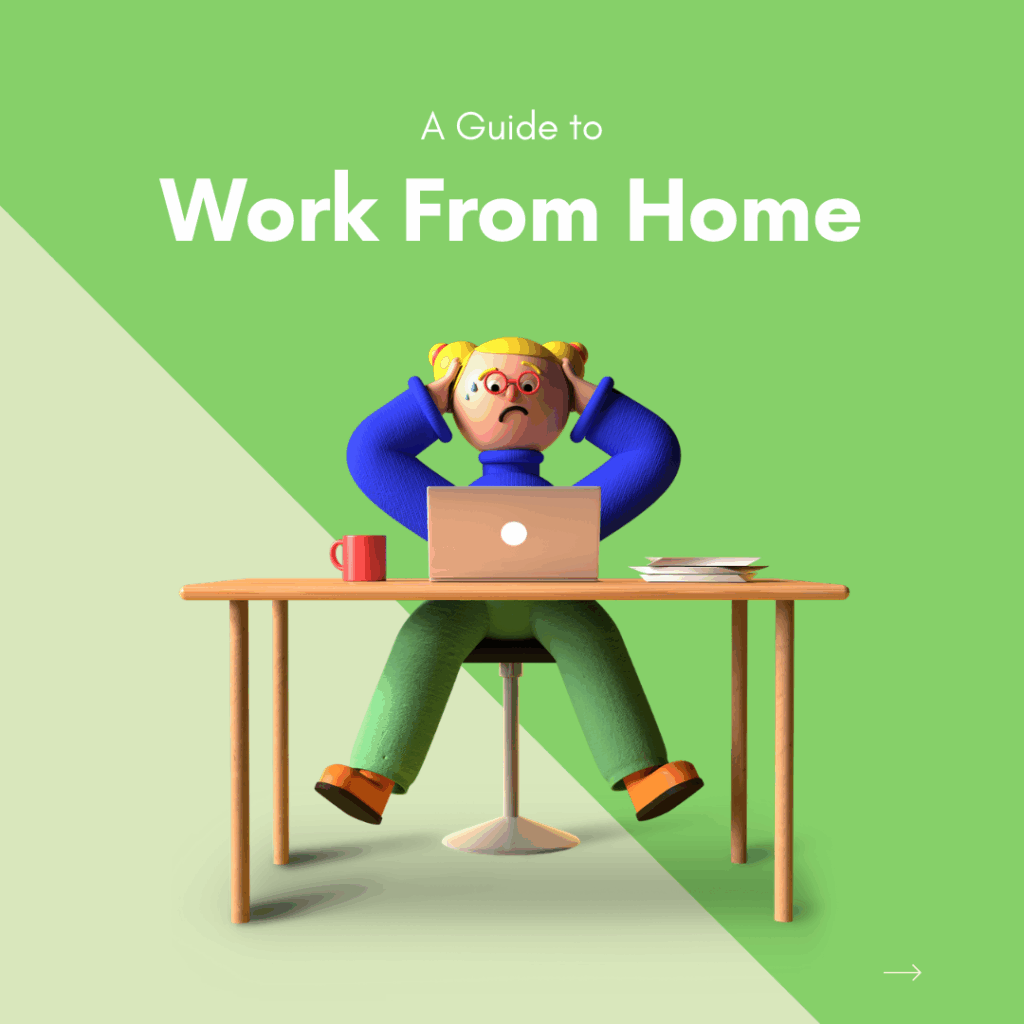For the overworked, undercredited, and Wi-Fi dependent
Remote Work Isn’t Free—It’s Just Offloaded

Let’s kill the myth: remote work is not a cost-free perk.
Yes, I don’t have to sit in bumper-to-bumper traffic or inhale breakroom tuna sandwich fumes. But the real costs? They’ve just been rerouted—to me.
We now buy our own chairs, our own monitors, keyboards, USB hubs, ring lights, routers, ergonomic mousepads. We pay for faster internet. We pay for cooling the room we work in. We’re literally powering our employer’s productivity with our electric bill.
Imagine if your boss came to your apartment every morning, plugged into your outlets, used your Wi-Fi, spilled coffee on your couch, and walked out without ever paying rent. That’s remote work in a nutshell.
And while companies shave off millions in commercial lease expenses and janitorial contracts, we’re just expected to absorb the cost because we get to wear sweatpants on Zoom.
Why the Internet Feels More Expensive Than Ever

Because it’s not just about the bill—it’s about the trap.
Internet used to be a tool. Now it’s a toll booth.
From job applications to customer service, from virtual doctor visits to watching your niece’s dance recital—it’s all happening online. You literally can’t participate in society without being online.
So what do the telecoms do with that knowledge?
They stop competing and start colluding. They bundle things you don’t need, slap hidden fees on your bill, charge you to rent outdated equipment, then offer you “loyalty discounts” that expire every 12 months and require a 2-hour phone call to renew.
ISPs are in a luxury position:
- No need to create demand—the demand is baked in.
- No need to innovate quickly—you can’t afford to leave them.
- No need to market fairly—because “starting at $49.99” never means $49.99.
And as our work shifts into our homes, they know we’ll pay whatever it takes just to stay connected.
Who Really Owns Your Internet?

Not you. Not your landlord. Not even your city council. The answer is: whoever wrote the biggest check.
At my apartment, I don’t have options. I have Cox. Why? Because they signed an exclusive deal with the property management company. That’s it. I didn’t get a sales pitch. I got a contract signed behind closed doors.
This is how most of America works. ISPs aren’t winning your business—they’re buying access to your ZIP code.
Let’s be honest: this isn’t capitalism. It’s corporate feudalism.
And politicians let it happen because telecoms spend millions on lobbying. You think those smiling local representatives care about internet freedom? Please. They’re cashing PAC checks while you’re trying to stream The Bear on a throttled connection.
Tech Giants: Hands Off, But Not Really

May have changed since this article was published
Google, Meta, Zoom, Salesforce—they all love posting about work-life balance and giving you “control over your schedule.” But behind the curtain, most are running digital surveillance operations with a productivity dashboard that would make Orwell blush.
Idle tracking. Keyboard logs. App usage stats. Some even ping your webcam to detect if you’re looking at the screen.
You’re not an employee. You’re a productivity data stream.
Yes, maybe your security guard is asleep at the switch and nobody’s watching your camera feed in real-time. But the data is still being collected.
And you best believe some overpaid consultant is turning it into a quarterly report about “workflow optimization” while you’re just trying to eat a protein bar off-camera.
Remote Work Gave Us Freedom… at a Price

I love the quiet. I love working at my own pace. I love that I don’t have to perform fake enthusiasm at 9:00 a.m. for people I wouldn’t follow on Instagram.
But let’s not pretend remote work is a full win.
We lost:
- Office-provided infrastructure
- Face-to-face mentorship
- Employer-covered utilities
- Union-style solidarity
- The boundary between home and hustle
And we gained:
- More autonomy
- More surveillance
- Higher home expenses
- Greater reliance on monopolized internet infrastructure

Final Thoughts
The future of work is here—and it’s neither fully free nor fair.
It’s efficient, profitable, and quietly exploitative. A lot of workers love remote work, and for good reason. But let’s not let corporations off the hook for flipping their overhead costs into our utility bills.
We can hold two truths:
- Remote work is a gift
- It’s also a transfer of responsibility dressed up as flexibility
So next time someone brags about their remote-first policy, ask:
“Cool—but who’s paying the internet bill?”



